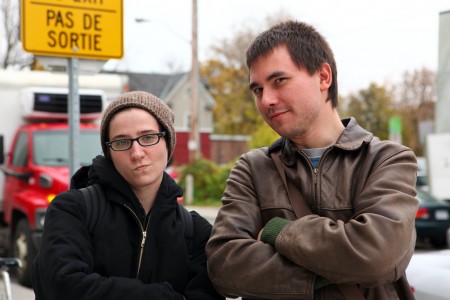On Monday, Ottawa held its municipal elections. The physical process of voting achieved the major benefit of electronic voting, while retaining the security associated with paper ballots. This is the right way to handle things.
Each voter was given a piece of paper with lists of candidates for the three positions under contest. The voter selected candidates and filled in small circles beside their names with a pen – a process that should be familiar to anyone who attended high school in recent decades. The paper was then put into a sleeve to cover up the selections before being drawn through a scanner and into a storage box.
Because the scanners allowed quick tabulation of results, the outcome of the election could be known quickly. Because all the paper ballots were retained, there was little danger of an error or manipulation of the voting machines leading to an incorrect result.
I don’t know whether any auditing was done, but it would be a good idea. A certain portion of all the scanners and ballot boxes could be selected at random, with the ballots hand-counted and the tally compared with the electronic one. If significant disparities appeared, a manual recount of the whole election could then be conducted.
The only limitation I can see in the system, compared with all-electronic voting approaches, is that it cannot easily be tailored to help people with disabilities, such as very poor vision. That being said, it seems pretty straightforward for a volunteer to assist people in such situations.







